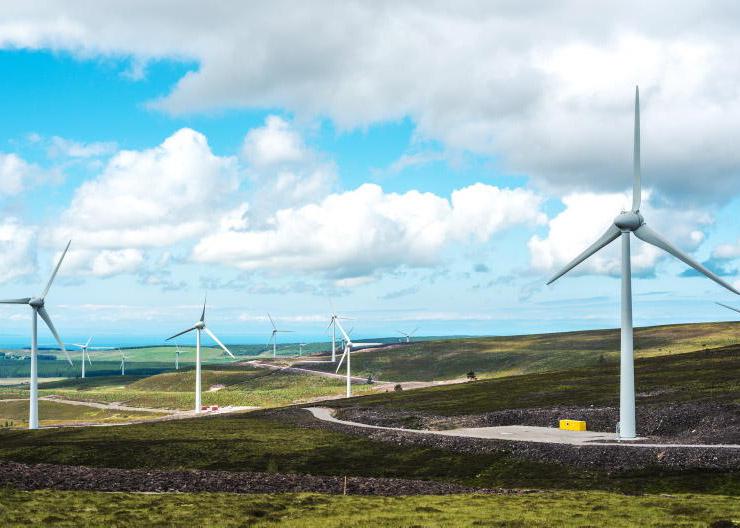Recent press coverage of the outlook for Irish emissions of greenhouse gases tends to stress the contribution from agriculture and there seems to be a presumption that agricultural emissions in particular need somehow to be curbed. The Environmental Protection Agency in a recent report has drawn fresh attention to the issue and has expressed alarm that national emission targets agreed with the European Union will be breached.
It is not widely understood that national emission targets, much less targets for individual economic sectors, do not make a whole lot of economic sense. The earth has just one atmosphere and every tonne of CO2, or of the other greenhouse gases, has the same impact wherever it comes from. If concentrations in the atmosphere are excessive and rising, and this is the near-unanimous scientific consensus, they need to be curbed, but on a worldwide basis. Ireland has a climate, and weather, but it does not have an atmosphere. Out of every 500t of CO2-equivalent produced in the world, just one tonne is produced in Ireland. So if Ireland closed up shop entirely, there would be a negligible impact on the risk of disastrous climate change.
Emissions per capita in the European Union members are actually lower than in equally prosperous countries elsewhere. The worldwide problem would be greatly ameliorated if the USA, for example, could get per capita emissions down to European levels, and the USA is not the worst offender. There has been no progress in getting the 200 or so sovereign states in the world to agree on a common policy.
The simplest solution would be to place taxes on the consumption of all products in line with the quantity of emissions entailed in their production, regardless of where that production happens to be located. A policy along these lines is feasible, but there is no sign of political agreement. Instead, some countries have adopted national emission targets as well as technical regulations, taxes on the production of high-emission goods, taxes on their consumption, or both.
Europe
The policy of the EU in all of this is praiseworthy of course – serious efforts are being made to cut emissions in Europe. But Europe is responsible for only about one-eighth of the world’s total and that portion has been in decline. If emissions in China and North America are not curbed, and countries like India eventually join the rich-country club, whatever is achieved in Europe will be swamped. Whatever can be achieved in Ireland is essentially irrelevant.
Private car transport in most European countries, including Ireland, is taxed at very high levels. Outside Europe, only a handful of countries bother to impose heavy taxes on auto fuels, for example, and several countries actually operate consumer subsidies.
The silver bullet policy to avert climate change would be to persuade everyone to follow the European lead on private transport. But even in Europe, there are serious policy failings. There is no tax on aviation or marine fuel, for example, which produces similar emissions per litre to auto fuel.
It is a fact, apparently, that livestock farming generates significant emissions. The sensible way to deal with this is to levy taxes at the appropriate rate on the consumption of livestock products, wherever they are produced. In this kind of regime, countries which enjoyed a cost advantage would see that advantage preserved, in relative terms, through to the retail price. A tax on production can have the perverse effect of diminishing the marketplace advantage that should naturally accrue to the low-cost producer. The consumer should face the incentive to cut consumption of the carbon-intensive products, with the production side of the industry left to choose the best location.
Location
This matters a lot for the future of livestock farming in Ireland. Perhaps Europeans generally should face higher prices for some food items whose production entails high emissions. But the optimal location of production should not be interfered with. If it makes sense to concentrate European dairy production in a small number of places in France, Denmark, Ireland and some other countries, that would continue to be the desirable pattern with a sensible consumption-tax policy. But with national emission ceilings and arbitrary production caps, there is a real risk that production gets shifted to the wrong locations and the emissions, in aggregate, are not greatly reduced. It is in Europe’s interest that carbon taxes are levied on consumption rather than production.
Dempsey at Large: the climate change debate is real
Editorial: policy decision should be based on latest scientific data
Letter: climate fiction at the Irish Farmers Journal
Not climate fiction but real debate at the Farmers Journal – Ray Bates
Editorial: all credible views should be considered in climate-change debate










SHARING OPTIONS